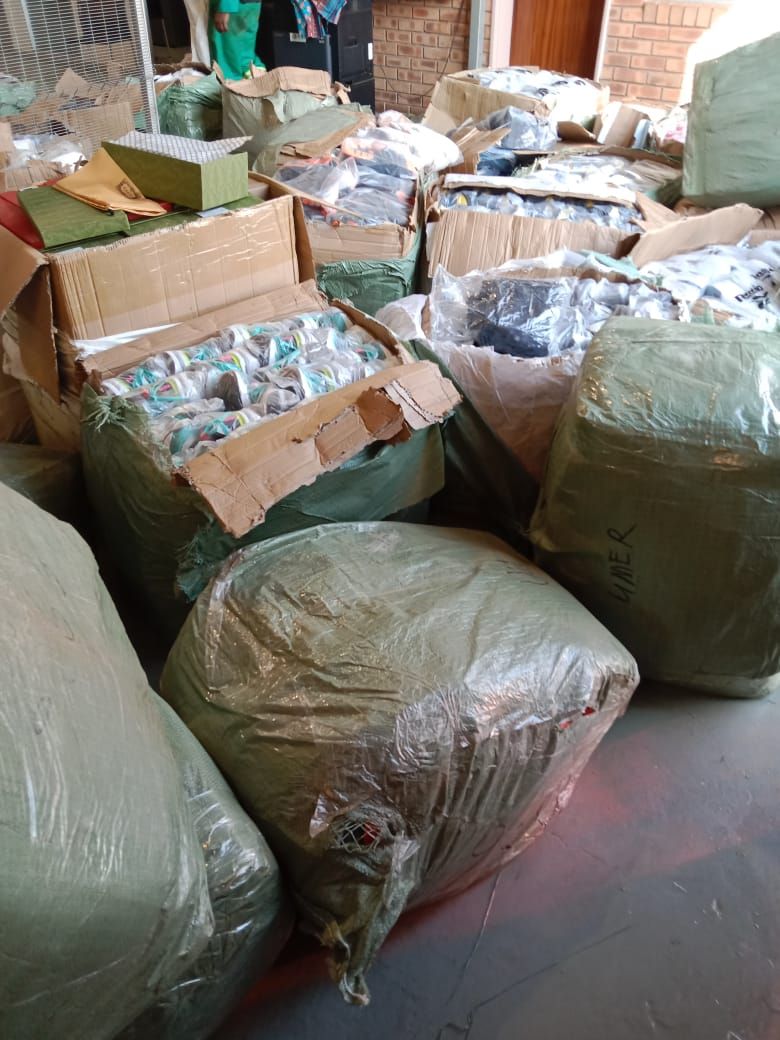President Cyril Ramaphosa recently participated in a Leaders’ Session at the BRICS Business Forum, an international gathering focused on fostering collaboration between five major emerging economies: Brazil, Russia, India, China, and South Africa. In this article, we explore the President’s insights on the forum and the role of BRICS in promoting international economic growth.
The BRICS Business Council: Bolstering Economic Connections
The BRICS Business Council serves as a key platform for bolstering economic connections between member countries and providing a united front for inclusive economic growth. Over the past decade, BRICS economies have significantly reshaped the global economic landscape. Collectively, they account for a quarter of the worldwide economy, one-fifth of international trade, and more than 40% of the global population. In 2021, trade between BRICS nations amounted to $162 billion.
Challenges and Opportunities for BRICS Nations
Foreign investment has been instrumental in the growth of these economies, with annual foreign direct investment into BRICS nations being four times greater than it was 20 years ago. However, new waves of protectionism and unilateral actions that undermine the World Trade Organization’s rules hinder global economic progress.
The New Development Bank, established by BRICS countries in 2015, has shown its ability to gather resources for infrastructure and sustainable development without imposing conditionalities on emerging economies. However, as these economies rise to prominence, new challenges emerge: rapid economic, technological, and social changes create risks for employment, equality, and poverty.
BRICS and Africa: Partnership for Mutually Accelerated Growth
To tackle these issues, leaders call upon the business community to join hands in identifying effective solutions. The 15th BRICS Summit adopted the theme: “BRICS and Africa: Partnership for Mutually Accelerated Growth, Sustainable Development, and Inclusive Multilateralism.” Africa presents enormous untapped potential for investment within the country and throughout the African continent, making it a treasure trove of opportunities for industrialization across diverse sectors.
Investing in Africa’s Future
The African Continental Free Trade Area (AfCFTA), set to encompass 1.7 billion people and almost $7 trillion in consumer and business spending by 2030, is a critical initiative for the integration of African economies. Realizing the potential of the AfCFTA will require substantial investment in infrastructure to facilitate industrialization and trade. The growth of African economies is expected to be driven primarily by small and medium enterprises (SMEs). To ensure their success, targeted financial support must be provided, particularly for women-owned businesses.
Collaboration in Fields of Infrastructure, Agriculture, and Manufacturing
Africa’s young, digitally connected, and urbanizing population presents a stable workforce for future companies. With investment in skills development on the rise, the continent is poised to become the next frontier of productivity and growth. BRICS nations have the opportunity to contribute to Africa’s growth story through increased collaboration in fields like infrastructure, agriculture, manufacturing, new energy, and the digital economy. South Africa, in particular, offers significant industrial capacity, sophisticated financial systems, and a diverse economy. Numerous investment and partnership opportunities are available in sectors such as renewable energy, infrastructure, aquaculture, ICT, automotive, pharmaceuticals, and advanced manufacturing.
As the BRICS Business Forum progresses, its ongoing engagement in fostering economic ties and promoting inclusive growth remains crucial in addressing the evolving challenges of a rapidly developing global economy. With the right investments and partnerships, the BRICS bloc can achieve a sustainable future for its member nations and beyond.








